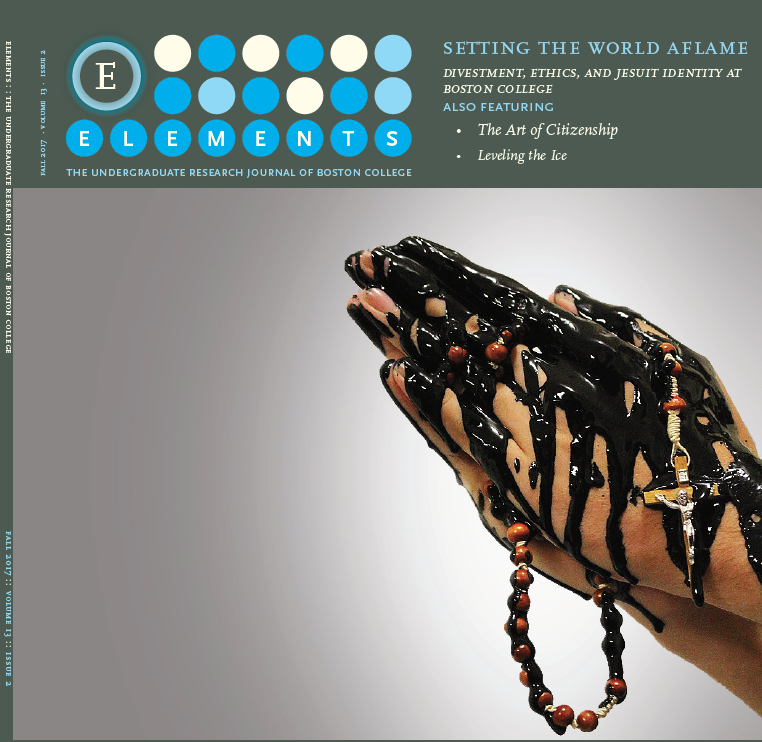Reading Between the Bars: Brain Science Suggests New Considerations for the Legal System
DOI:
https://doi.org/10.6017/eurj.v13i2.9965Keywords:
mental illness, criminal justice, brain scienceAbstract
The following review surveys the current role of intent in determining blameworthiness in the criminal justice system. Through research on empathy, stress and the factors that contribute to antisocial personality disorder, the work aims to communicate the necessity for new technology in this field. In order to improve the accuracy of the criminal justice system in assigning punishment and rehabilitating offenders, there must be consideration for the nature and nurture that contributed to the individual’s decision making, not just the choices they make or the evidence presented against them. philosopher immanuel kant affirms that intention is the true indicator of character, and if the criminal justice system works to employ neurotechnology that is more accurate in determining guilt, society can improve. Crime rates and the number of people in prison will decrease, as preventative measures can be taken once knowledge is spread about the environmental factors that can breed criminals. ignorance of this fundamental aspect of criminology will lead to the promotion of dishonesty in our culture, as well as cyclical crime as offenders may not be receiving the help they need.
Downloads
Published
How to Cite
Issue
Section
License
Copyright (c) 2018 Isabella Marie Field, Isabella Field

This work is licensed under a Creative Commons Attribution 4.0 International License.

